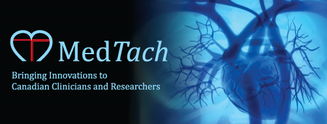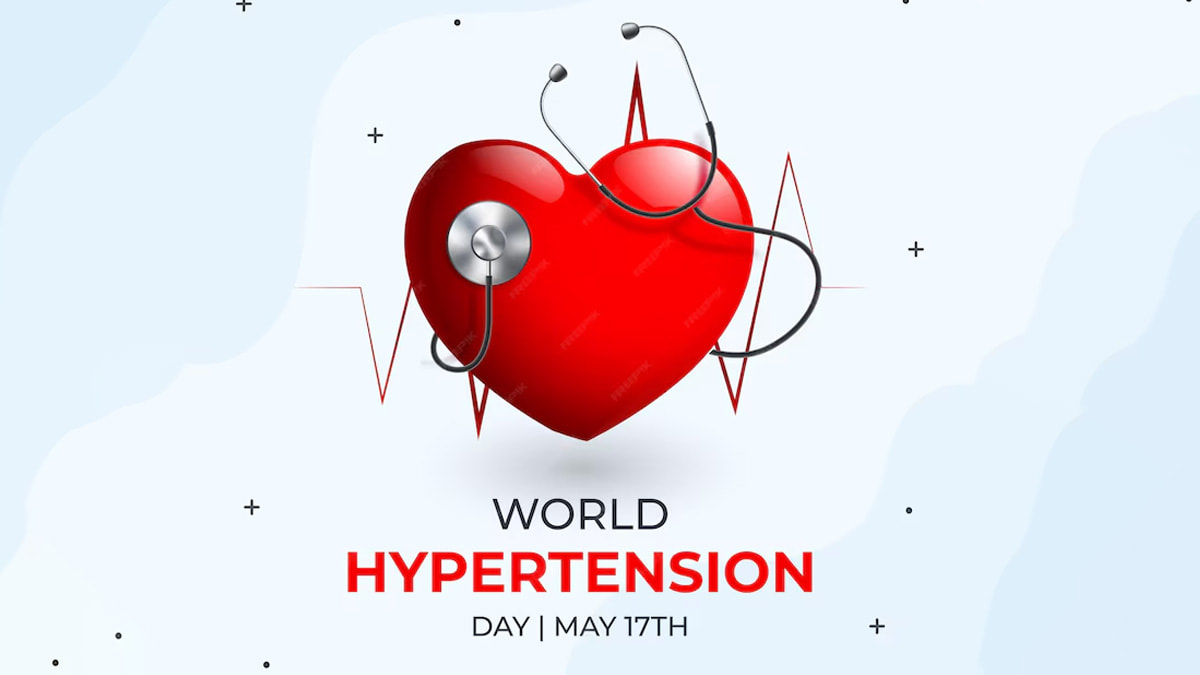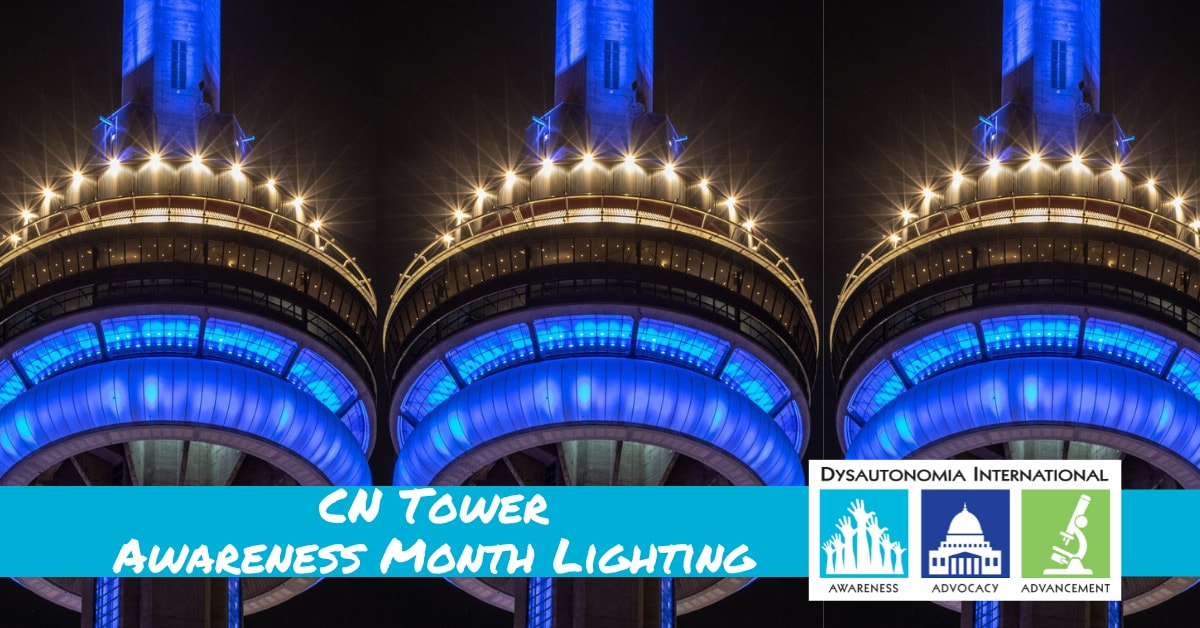| Please meet MedTach at the 2024 Ontario Exercise Physiology (OEP) Conference co-hosted by McMaster University and Brock University. This annual event brings together students, postdoctoral fellows, and faculty members from across Ontario and beyond who share a passion for exercise physiology and related research. |
Join MedTach at the Ontario Exercise Physiology Conference at McMaster University June 25-266/25/2024
Theme to this year's World Hypertension Day is: "Measure Your Blood Pressure Accurately, Control It, Live Longer"
Visit MedTach at our booth at the World Federation for Neurorehabilitation in Vancouver May 22-255/12/2024
MedTach to attend CSEP 2023 in Calgary October 11-14, 2023 (Canadian Society of Exercise Physiology)10/2/2023
Visit the MedTach booth at this year's CSEP conference in Calgary. We will be featuring the Finapres Nova PLUS and the new interactive Guided Autonomic Testing module at the conference.
October is Dysautonomia Awareness Month. On Saturday, October 7th 2023 the CN Tower in Toronto will be lighting up turquoise in recognition of Dysautonomia Awareness month. #DysautonomiaAwarenessMonth Dysautonomia is an umbrella term used to describe several different medical conditions that cause a malfunction of the Autonomic Nervous System. The Autonomic Nervous System controls the "automatic" functions of the body that we do not consciously think about, such as heart rate, blood pressure, digestion, dilation and constriction of the pupils of the eye, kidney function, and temperature control. People living with various forms of dysautonomia have trouble regulating these systems, which can result in lightheadedness, fainting, unstable blood pressure, abnormal heart rates, malnutrition, and in severe cases, death. Dysautonomia is not rare. Over 70 million people worldwide live with various forms of dysautonomia. Some of the different forms of dysautonomia include: Postural Orthostatic Tachycardia Syndrome (POTS) - estimated to impact 1 out of 100 teenagers and, including adult patients., impacted an estimated 3 million Americans before COVID-19. Recent research shows that the number of POTS patients is now estimated to impact at least 6 million Americans since the pandemic began. POTS is a form of orthostatic intolerance that is associated with the presence of excessive tachycardia and many other symptoms upon standing. POTS can cause lightheadness, fainting, tachycardia, chest pains, shortness of breath, GI upset, shaking, exercise intolerance, temperature sensitivity and more. While POTS predominantly impacts young women who look healthy on the outside, researchers compare the disability seen in POTS to the disability seen in conditions like COPD and congestive heart failure. Neurocardiogenic Syncope (NCS) - NCS is the most common form of dysautonomia, NCS impacts tens of millions of individuals worldwide. Many individuals with NCS have a mild case, with fainting spells once or twice in their lifetime. However, some individuals have severe NCS which results in fainting several times per day, which can lead to falls, broken bones and sometimes traumatic brain injury. Individuals with moderate to severe NCS have difficulty engaging in work, school and social activities due to the frequent fainting attacks. Multiple System Atrophy (MSA) - MSA is a fatal form of dysautonomia that occurs in adult ages 40 and up. It is a neurodegenertive disorder with some similarities to Parkinson's disease, but unlike Parkinson's patients, MSA patients usually become fully bedridden within a 2 years of diagnosis and die within 5-10 years. MSA is considered a rare disease, with an estimated 350,000 patients worldwide. Dysautonomia can also occur secondary to other medical conditions, such as diabetes, multiple sclerosis, rheumatoid arthritis, celiac, Sjogren's syndrome, lupus, and Parkinson's.1,3 Please visit Dysautonomia International for more information about this condition at:
www.dysautonomiainternational.com Sepsis is a life-threatening condition that occurs when the body’s response to an infection injures its own tissues and organs. According to recent estimates, one in eighteen deaths in Canada involves sepsis, making it the twelfth leading cause of death nationally. Globally, sepsis affects an estimated 18 million people each year.
Many patients diagnosed with sepsis require care in the Intensive Care Unit, placing a considerable burden on the healthcare system. The cost of treating sepsis in Canada amounts to $325 million annually. Even as the diagnosis and treatment of sepsis improve, rates are on the rise. MedTach, along with our partners, are dedicated to sparking change. Join us throughout September as we shed light on the impact of sepsis in Canada and delve into strategies to enhance monitoring and patient outcomes within our hospitals and communities. While at ASCO 2023 in Chicago, please visit Blue Sparks Technologies in booth IH07 Blue Spark Technologies’ TempTraq®, is the only wearable patient temperature monitor in the form of a soft, comfortable patch that continuously, safely and comfortably, monitors body temperature for up to 72 hours and sends alerts to compatible devices.
|
MedTachIntroducing innovative technologies into Canada Archives
June 2024
Categories |










 RSS Feed
RSS Feed